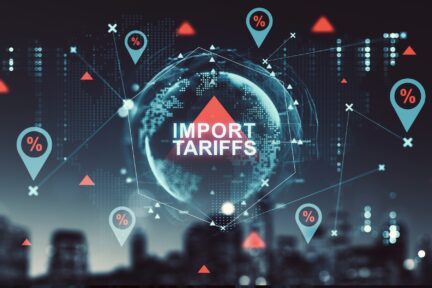The new tariffs on imported cars have introduced significant challenges for businesses that rely on global supply chains. Effective April 3, 2025, these tariffs, set at 25%, target a wide range of imported vehicles and auto parts, including passenger vehicles, SUVs, light trucks, and critical auto components. This shift in policy, announced by President Trump, could have far-reaching effects on businesses, particularly in the automotive sector.
These new tariffs could increase costs for companies sourcing imported vehicles and parts, potentially raising consumer prices and disrupting supply chains. The automotive industry has expressed concerns about the tariffs’ long-term impact, with experts forecasting both supply chain issues and possible sales declines due to increased expenses (White House).
Potential Implications for Businesses
The tariff increase may result in more expensive vehicles and auto parts for businesses dependent on these imports. Manufacturers and retailers will need to reassess their supply chains and costs, which could lead to price hikes for consumers. Understanding these impacts is crucial to managing financial risks moving forward. Industry experts are already anticipating disruptions (AP News).
Strategic Recommendations
Businesses must consider adjusting their operations to mitigate the impact of these tariffs. Strategies include evaluating supply chain vulnerabilities and exploring alternative suppliers to reduce reliance on tariffed imports. Additionally, businesses should revisit their pricing structures to accommodate the increased costs. Ensuring compliance with new trade regulations will also be critical to avoid penalties.
At Intellex Forensics, we specialize in helping businesses navigate financial challenges like these tariffs through in-depth analysis and strategic planning. Our expertise allows companies to adapt to regulatory changes effectively, ensuring compliance and minimizing risk.
If you enjoyed this news piece, be sure to check out our other insights.
Staying proactive and informed about these new tariffs on imported cars is key for businesses to maintain stability in an ever-changing trade environment.
